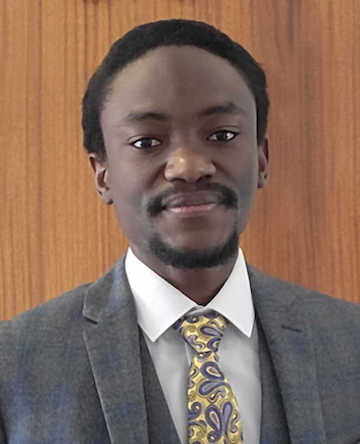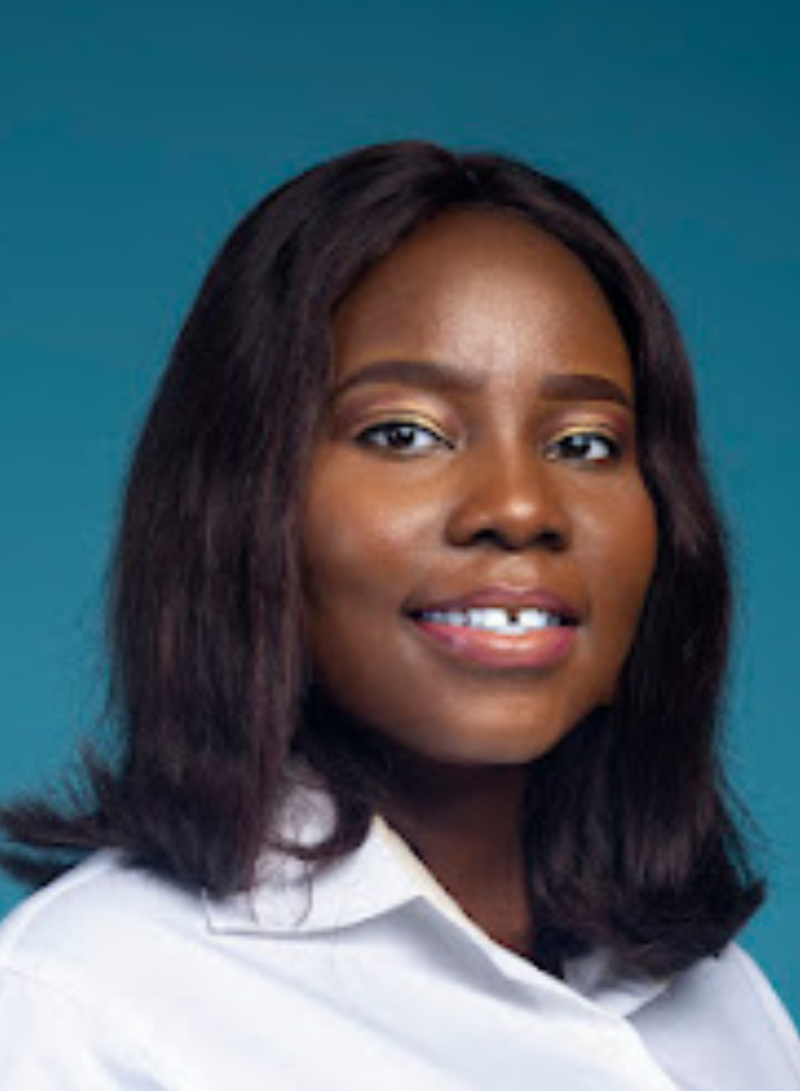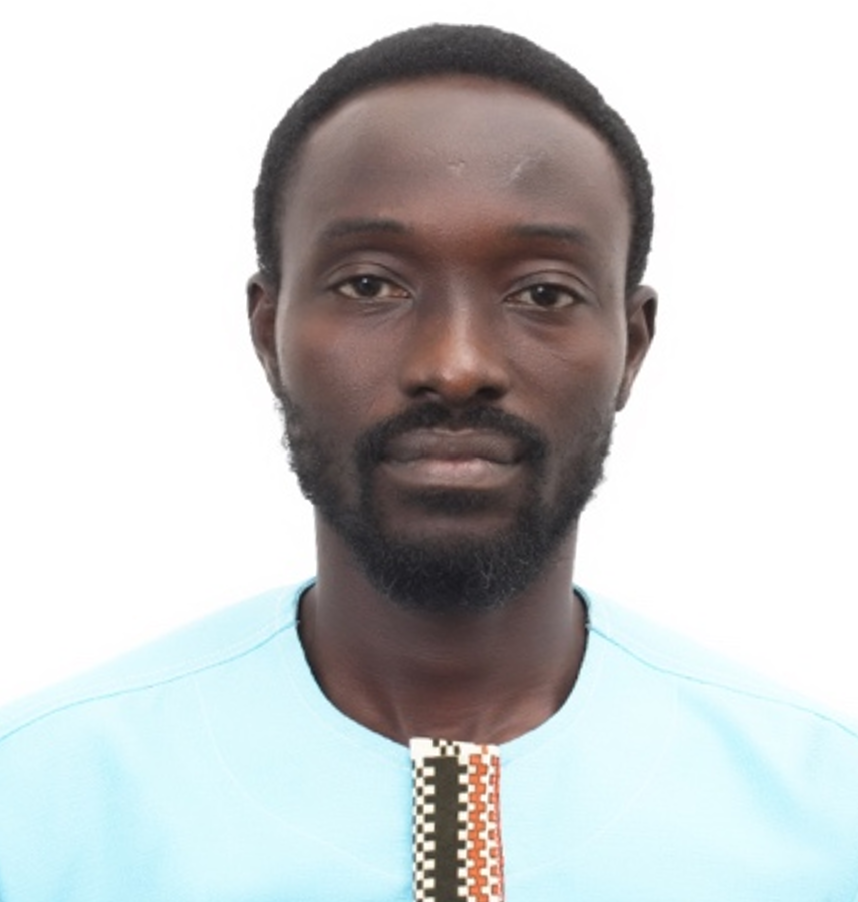People
Faculty

Emmanuel Olamijuwon
Emmanuel Olamijuwon is a Lecturer in the School of Geography and Sustainable Development at the University of St Andrews, UK. His research interest lies at the intersection of technology, sexuality, & population health in low-and-middle-income countries. His recent projects combine data from traditional data sources (such as the DHS), with digital traces (Facebook and Twitter) and Online surveys to illuminate the complexity of a number of social and health issues such as knowledge inequality, suicide ideation, as well as sexual and reproductive health.

Fidelia Dake
Fidelia Dake is a Senior Lecturer at the Regional Institute for Population Studies (RIPS), University of Ghana. Her research focuses broadly on population health and international development. Her research interests include nutrition and physical activity, obesity and non-communicable diseases, socio-environmental determinants of health, urban health, health statistics, health-financing and population ageing. She is also interested in using methods in computational social science to study health and lifestyle behaviours including dietary practices, physical activity and travel behaviours.

Yaw Atiglo
Yaw Atiglo is a Research Fellow at the Regional Institute for Population Studies (RIPS), University of Ghana. His research interests border on population health, population-environment nexus, and population-sustainable development interrrelations, particularly from a gendered perspective. He also seeks to employ complex data systems to explore society-environment interactions and other social issues relevant for sustainable development in sub-Saharan Africa.
Speakers
Teaching Assistants
Participants

Mac-Donald Abopaam
Mac-Donald Abopaam is a dedicated researcher with a strong academic background in Geography and Population Studies. His research interests are climate change, urban planning, and population health. He is eager to expand his skill set through the Summer Institutes in Computational Social Science, aiming to enhance his technical capabilities and contribute to innovative solutions in policy reforms and sustainable development, especially in the context of climate change adaptation and urban planning.

Patrick Addo
Patrick Addo is a qualitative researcher of CHORUS project II at the University of Ghana School of Public Health. CHORUS (Community-led Responsive and Effective Urban Health Systems), a research programme consortium, seeks to help address urban health challenges in poor urban communities through a demand-driven approach that brings together stakeholders from the community to higher-level policymakers to identify and find solutions to health challenges for the urban poor. Patrick is driven by his passion to address pressing societal health issues through rigorous scientific methods and hopes to improve and contribute to the building of resilient, healthy and smart urban centres. With the world inundated with a plethora of data (both numbers and text), Patrick seeks to find innovative approaches to analyse and draw insights to inform policies specifically to the contribution of the United Nations Sustainable Development Goals 3 and 11, which emphasises good health and building a healthy and resilient city respectively. Before CHORUS, Patrick has worked as a freelance researcher participating in national informing health policy projects like the Community-based Health and Planning Services (CHPS) plus and Developing Acute Care and Emergency Systems (ACERS). He is the manager of Penuel-Charis Research Consultancy, a start-up research firm which is currently a grant holder from the Ministry of Environmental Science and Technology of Ghana, exploring the feasibility of using a web-based application to scale up mass drug administration for schistosomiasis following Covid-19 pandemic in the Volta and Oti regions of Ghana.

Patience Serwaa Bonsu
Patience Serwaa Bonsu is a master's student at the Regional Institute for Population Studies, University of Ghana. Her current research focuses on parental education and early childhood development in Ghana. She is self-motivated, adaptable, and passionate about becoming an agent of change and a problem solver in the community and society.

Dzeble Jonas Horlali
Dzeble Jonas Horlali is a student at the Regional Institute for Population Studies, University of Ghana, with a strong interest in Computational Social Science, particularly in migration studies and population geography. Currently, he works as a research assistant on the Immobility in a Changing Climate Project, where he contributes to the conceptualization of immobility. Jonas is eager to apply computational methods to understand complex social phenomena and is excited to collaborate with fellow researchers at the Summer Institute.

Edward Owusu Manu
Edward Owusu Manu is a dedicated student at the University of Ghana's Regional Institute for Population Studies. His research interests are focused on living standards, multidimensional poverty, income inequality, and population dynamics. Edward is particularly skilled in population analysis and indirect estimation techniques, which he employs to derive valuable insights from population data.

Peter Annor Mensah
Peter Annor Mensah is a development researcher at Participatory Development Associates. His research interests are in child nutritional outcomes, climatic variability and nutritional vulnerability, and the commercial determinants of health. Specifically, Peter aims to research the fossil fuels industry in Sub-Saharan Africa from the perspective of commercial determinants of health.

Prince Mensah
Prince Mensah is a CAPI developer and data manager with a keen interest in social science. He holds a Master of Arts in Population Studies from the University of Ghana's Regional Institute for Population Studies. His research has explored the complex relationship between Intimate Partner Violence (IPV), decision-making dynamics, and contraceptive use among women of reproductive age in Kenya. With a strong track record of delivering research outputs from survey data, Prince is now expanding his expertise into computational social science. He is particularly interested in exploring non-traditional data sources, such as text data from online platforms, and applying computational techniques to process and analyze these rich data sets.

Stephanie Tetteh
Stephanie Tetteh is a Research Assistant at the Regional Institute of Population Studies, where she contributes to an ongoing research “Immobility in a Changing Climate” project. Her background is in Actuarial Science, and she is completing her M.A. in Population Studies. Her current research focuses on social vulnerability to flooding, which reflects her commitment to understanding and mitigating the impacts of climate change on vulnerable populations. She is driven by her favorite quote: *'Try everything and keep smiling'*, which encapsulates my positive and proactive approach to life and work.